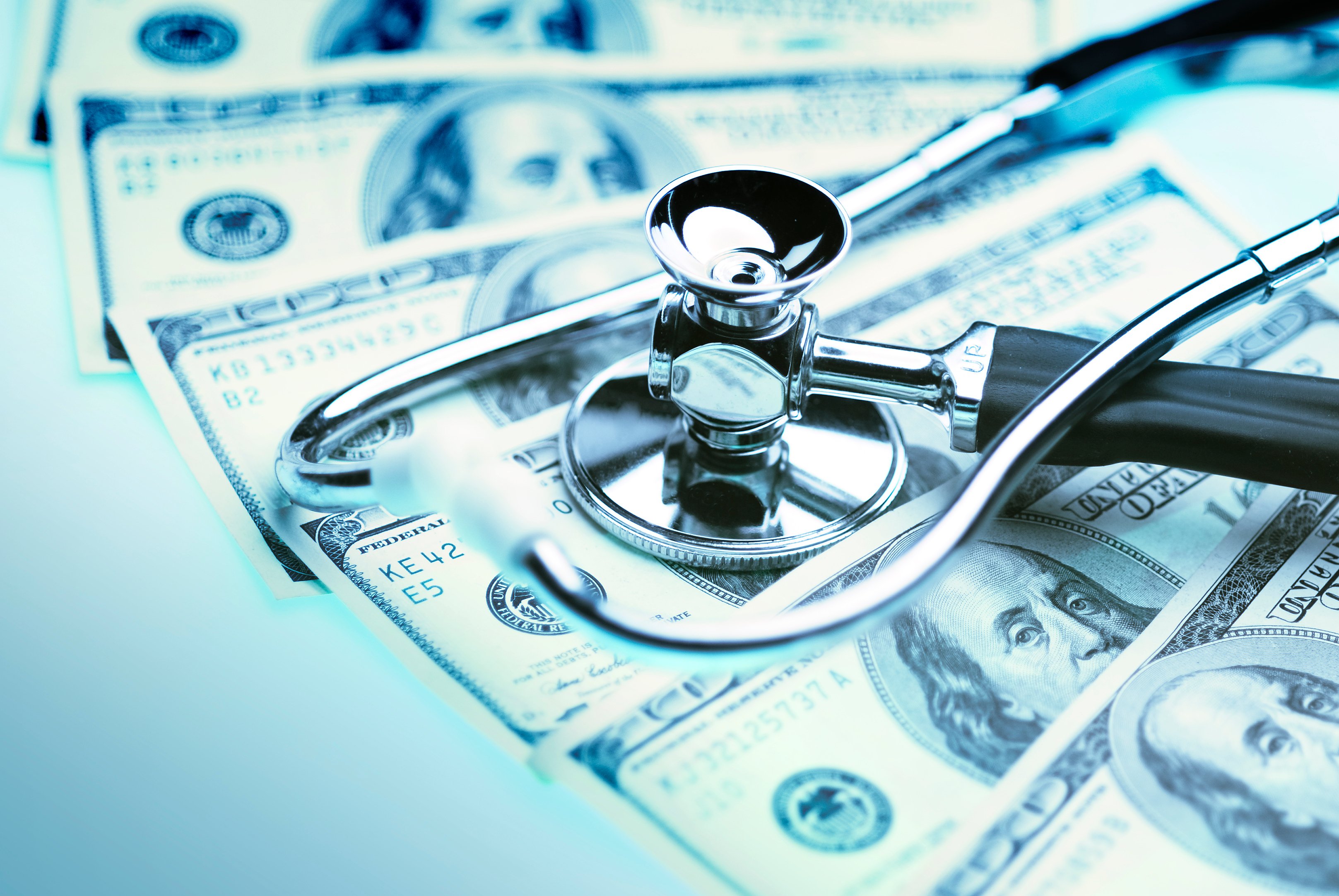Investors seeking high yields or rapid dividend growth can find what they're looking for from a reliable pair of stocks in the healthcare sector.
UnitedHealth Group's (UNH +0.62%) recent CEO departure and corresponding suspension of forward guidance ended a long stretch of strong returns. Now you can buy the stock for less than half the peak price it reached last October. Incoming competition for Pfizer's (PFE 0.10%) top-selling drugs has knocked the pharmaceutical stock down more than 60% from its all-time high.
Pfizer and UnitedHealth Group are both known for reliable annual dividend payout raises. You wouldn't know it by looking at their stock prices, but there's a good chance that both can continue their streaks for at least another decade.

Image source: Getty Images.
1. UnitedHealth Group
If there's one thing the stock market hates, it's uncertainty. UnitedHealth Group investors learned this the hard way when the company suspended forward-looking earnings guidance and bid farewell to its CEO, Andrew Witty, in May.
To explain the earnings guidance suspension, UnitedHealth Group's new CEO, John Rex, told investors the new members it signed up last year required more care than expected. Medicare Advantage members were also using more services than anticipated. He didn't go into detail, but said there are indications that the higher utilization trend could broaden.
Ever since the Affordable Care Act, insurers have been required to spend at least 85% of the premiums they receive on medical expenses. Raising premiums to a level that can absorb those expenses without going too far is getting trickier.

NYSE: UNH
Key Data Points
From 2023 through 2032, the Centers for Medicare and Medicaid Services (CMS) expects the national health expenditure to rise by 5.6% annually. Unfortunately, some areas are rising at a faster pace. For example, hospital expenditures soared 10.4% in 2023.
UnitedHealth Group may have misjudged the amount of care a slew of recently added customers would require, but there's a good chance it can right the ship under new leadership. Its biggest competitor, CVS Health, made hardly any additions to its membership roster over the past year. Being careful about which patients it enrolls worked out well. Instead of suspending its 2025 outlook, CVS Health raised its 2025 adjusted earnings guidance range by 3.8% in May.
Rising reimbursement rates from healthcare providers are a hassle for UnitedHealth Group, but it's only a matter of time before it passes those costs on to health plan sponsors who have limited options. In 2023, UnitedHealth Group's Optum Health segment employed or affiliated with 10% of all physicians in the U.S. As the country's largest employer of physicians, it can do more to control medical expenses than its smaller peers.
As the leading medical benefits management business, UnitedHealth Group's business could keep growing along with America's national health expenditure. The company's been able to hike its dividend by 77% over the past five years. Despite rapid payout raises, it needed just 31% of the free cash flow it's generated over the past year to meet its dividend commitment. Payout bumps could be slow over the next year or two as it finds appropriate prices for its health plans, but a return to its rapid pace seems likely.
At recent prices, UnitedHealth Group offers a 3% dividend yield. If the company maintains its payout growth rate, folks who buy the beaten-down stock could begin receiving a double-digit yield on cost in about a decade. If you still have a lot of runway ahead of retirement, this could be a great portfolio addition.
2. Pfizer
Folks who want to draw from their retirement savings sooner rather than later might want to check out Pfizer. Shares of the pharmaceutical giant are down about 62% from a peak they set in 2022. The stock price is down but the company has raised its payout every year since 2009. At its beaten-down price, it offers a huge 7.4% dividend yield.

NYSE: PFE
Key Data Points
Pfizer is down partly because sales of its COVID-19 products have collapsed and partly because sales of several blockbusters are nearing patent cliffs. Although COVID-19 product sales collapsed, trailing-12-month revenue is up by 81% over the past five years.
Patent expirations for several of Pfizer's top-selling treatments will make growing the overall operation extra challenging over the next five years. In January, Albert Bourla, the CEO, told investors a loss of exclusivity wave could cost the company $17 billion to $18 billion in annual revenue by the end of 2028.
Fortunately, Pfizer reinvested heaps of the profits that its COVID-19 products generated. Management expects acquired products to deliver $20 billion of revenue annually by 2030. In other words, the company probably has the means to overcome its patent cliff and continue raising its dividend payout, albeit slowly, in the decade ahead.
Pharmaceutical product launches usually aren't as predictable as investors want them to be. With an enormous global salesforce already in place, though, Pfizer's launches are more predictable than most. While there's a chance the company could lower its payout in a few years, continued payout raises in the decade ahead seem far more likely.






